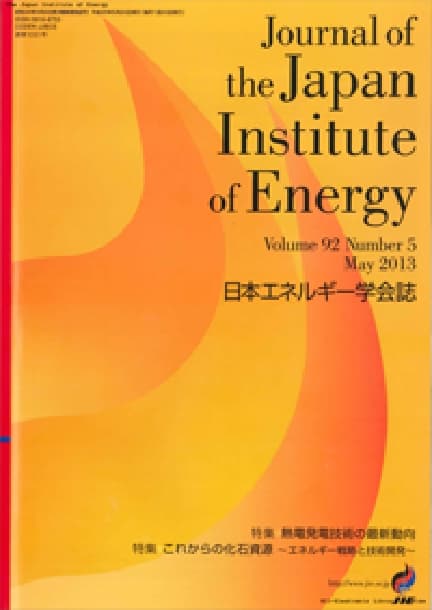Evaluation of Energy Efficiency in Transportation by the Use of Overall Friction Coefficient
Ichiro DAIGO, Takashi WAKAMATSU, Eiji YAMASUE, Keiichi N. ISHIHA
pp. 119-125
DOI:
10.3775/jie.84.119Abstract
The improving energy efficiency for transportation sector in Japan is an important factor to resolve the problem of global warming. However, there are few researchers considering physical as well as sociological evaluation of the energy efficiency with respect to various kinds of transportations. The purpose of this study is to evaluate the physical and sociological energy loss by the use of “overall friction coefficient” (OFC). It is defined as the energy used for transportation divided by transported mass, transported distance and gravitational constant. The data concerning automobiles, trains, ships and planes are collected for both passenger and cargo. Each value of OFC is plotted as a function of the average speed. Three expressions are presented for three different transportations; ideal cargo transportation, ideal passenger transportation and real passenger transportation. It is noted that the OFC for the passenger transportation shows a minimum around an average speed of 110km/h showing the best energy efficiency at around this speed.
Readers Who Read This Article Also Read
Journal of the Japan Institute of Energy Vol.83(2004), No.8
Journal of the Japan Institute of Energy Vol.83(2004), No.12
Journal of the Japan Institute of Energy Vol.83(2004), No.11










